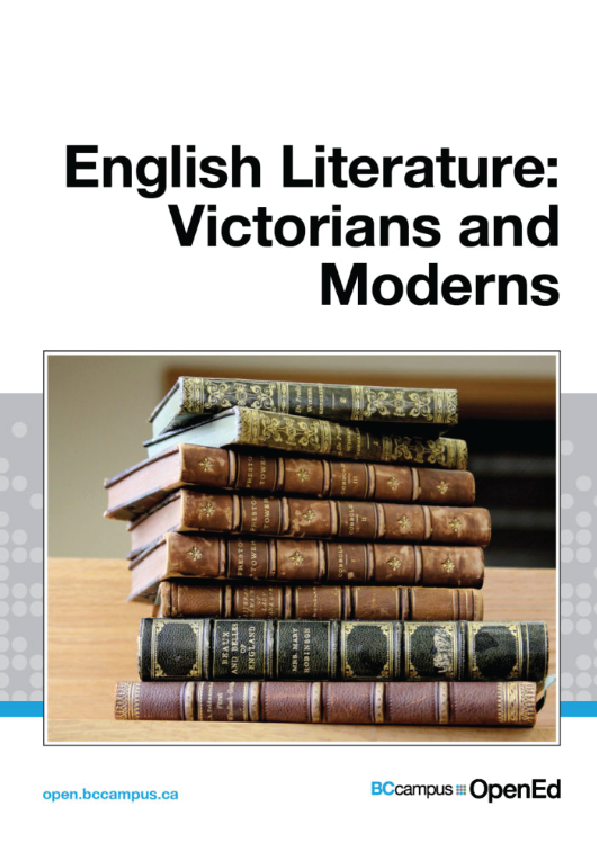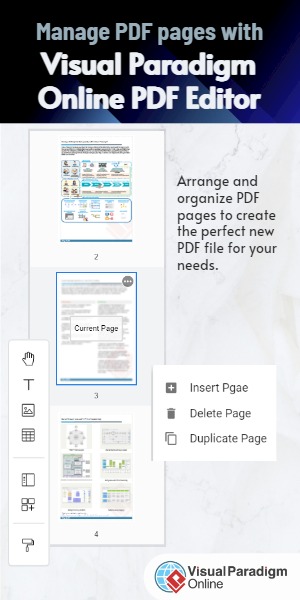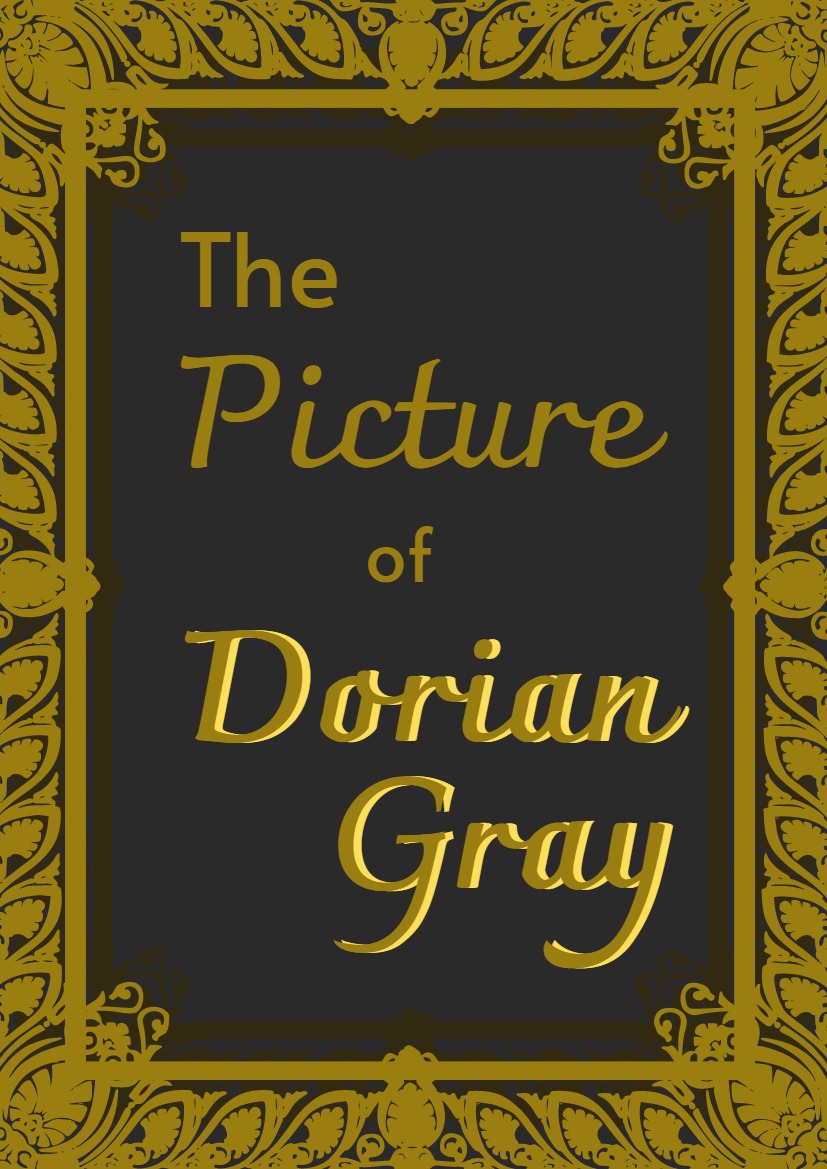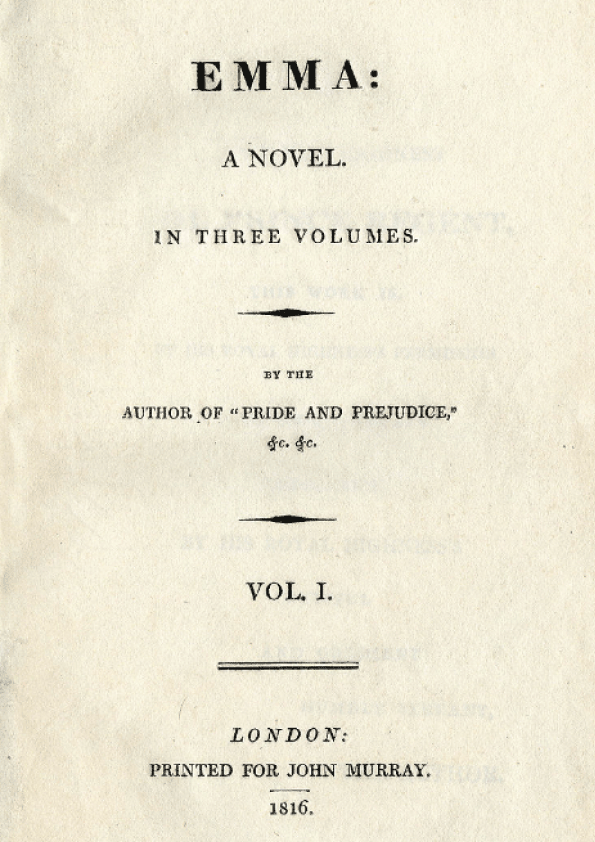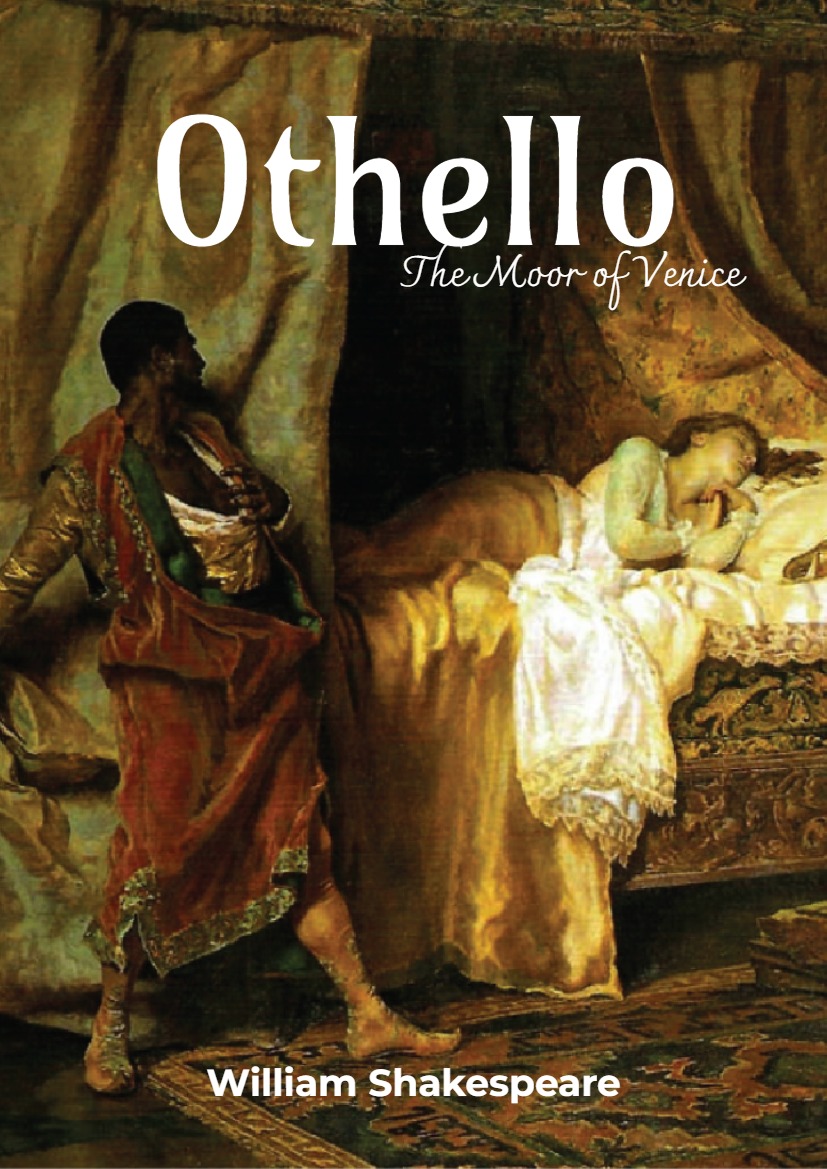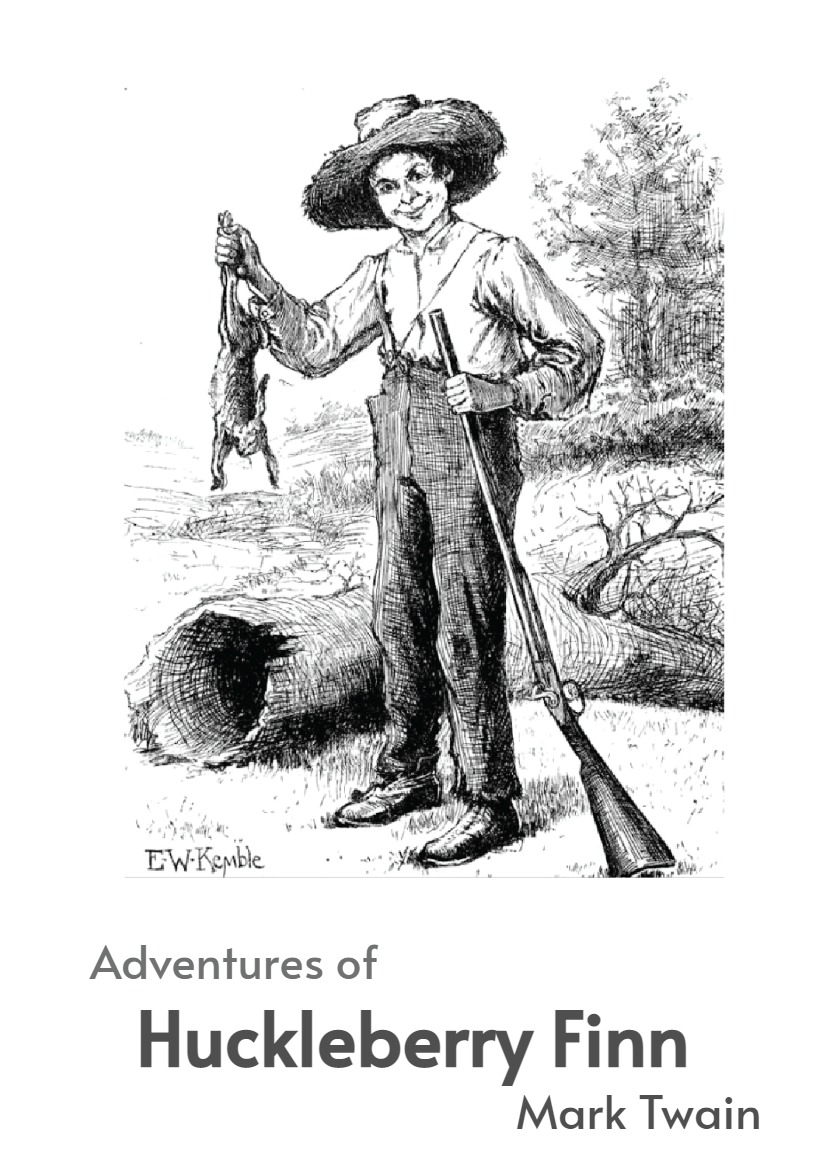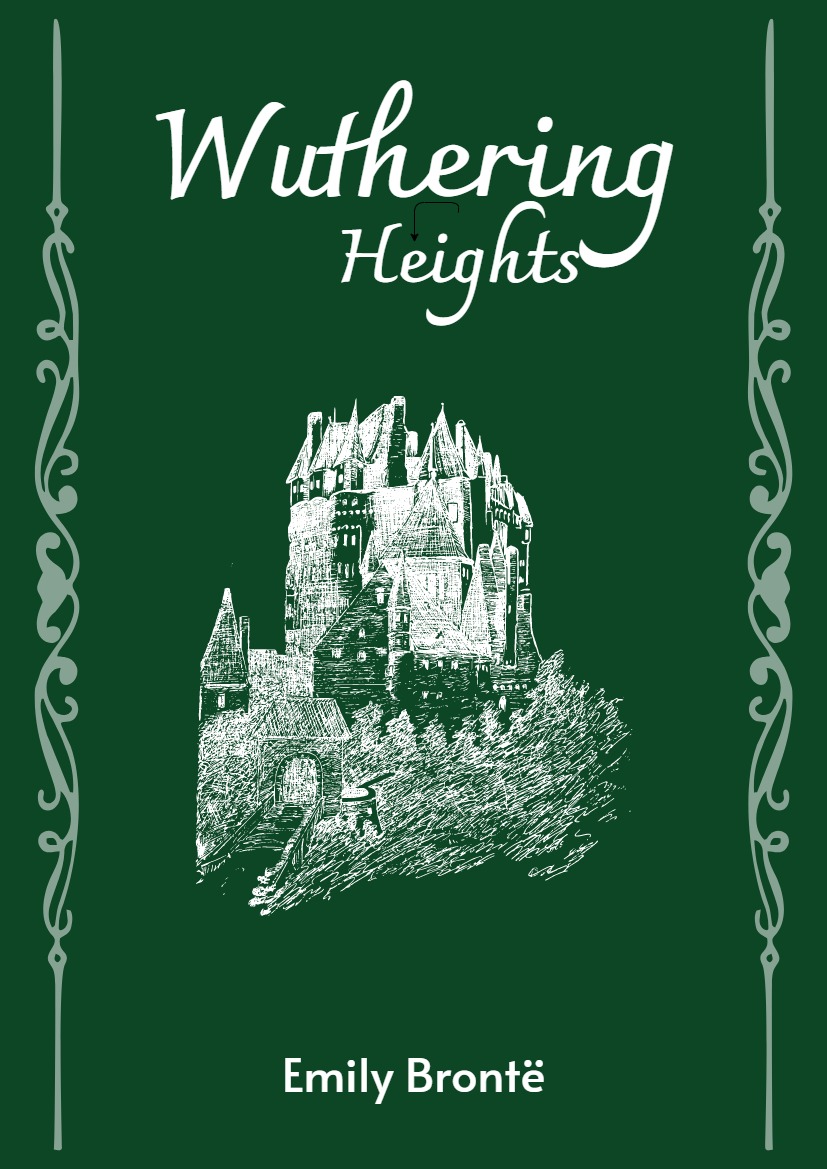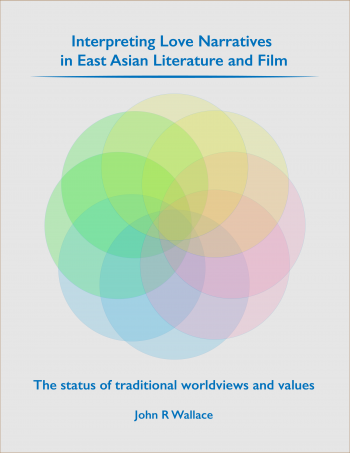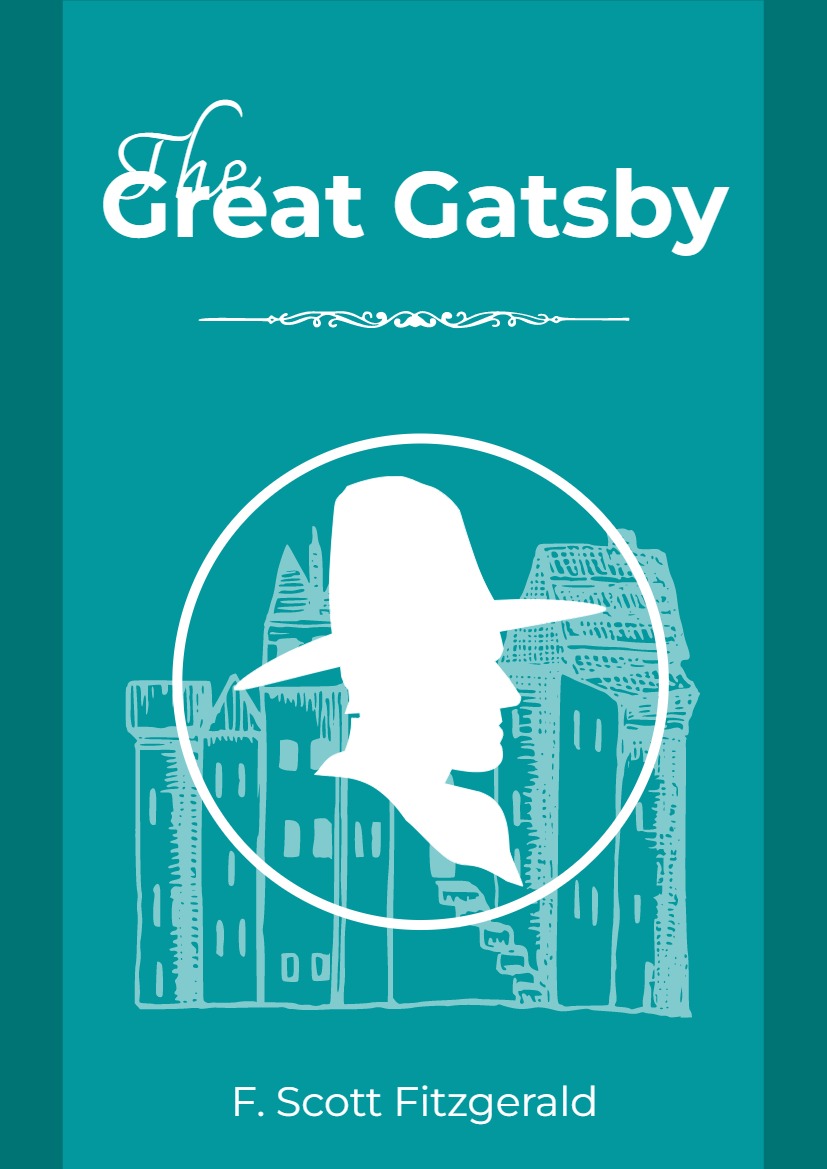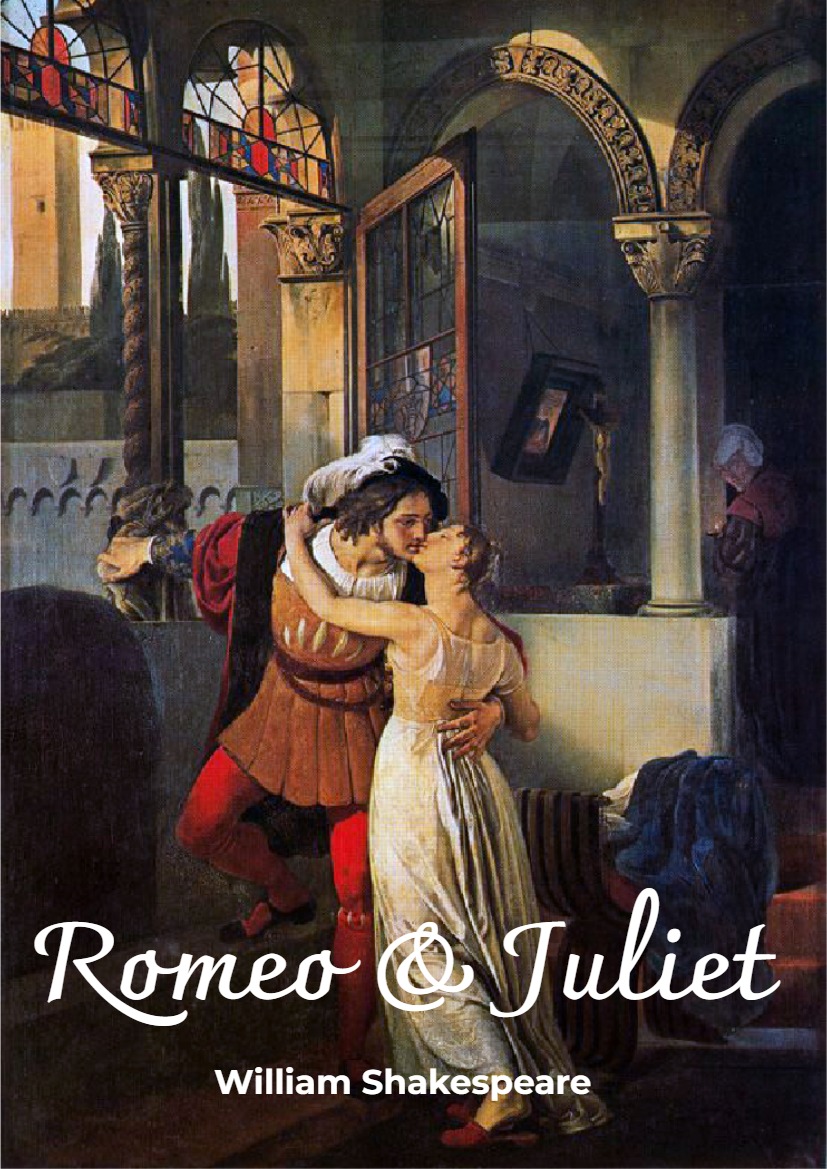Although Queen Victoria did not ascend to the throne until 1837, it is common to refer to the Victorian era as beginning in 1832, the year of both the First Reform Bill and the death of Sir Walter Scott, a major writer of the Romantic era. The main topics for this unit on the Victorians are Industrialism, Religious Doubt, The Role of Women (“The Woman Question”) and Imperialism. This is not to say that these issues were peculiar to that era; indeed, we will see them reappearing in later units; for example, the “Woman Question” in the Virginia Woolf and Katherine Mansfield chapters, Industrialism in Shaw’s play Major Barbara and in Huxley’s Brave New World, and Imperialism and Religious Doubt in the Orwell and Eliot chapters respectively.
As one critic puts it, the following developments characterize the Victorian era:
- A decisive shift of population and political and economic power from the country estates to the cities and the consequent increasing dominance of the middle classes
- Industrialization and the “proletarianization” of the working class
- The laissez-faire school of economics, along with the countervailing current of social reform movements and the emergence of Marxian socialism
- The dramatic expansion of English naval and trade dominance and the extension of the British Empire around the globe
- The exposition of the theory of evolution by Darwin and his defenders and the heightened conflict between science and religion (Adapted from George Scheper A Survey of English
- Literature. Maryland Center for Public Broadcasting 1973).
Born in 1806 at Coxhoe Hall, Durham, England, Elizabeth Barrett was an English poet influenced by the Romantic movement. The oldest of 12 children, Elizabeth was the first in her family born in England in over 200 years. For centuries, the Barrett family, who were part Creole, had lived in Jamaica, where they owned sugar plantations and relied on slave labor. Elizabeth’s father, Edward Barrett Moulton Barrett, chose to raise his family in England while his fortune grew in Jamaica.
Educated at home, Elizabeth apparently had read passages from Paradise Lost and a number of Shakespearean plays, among other great works, before the age of 10. By her 12th year she had written her first “epic” poem, which consisted of four books of rhyming couplets. Two years later, Elizabeth developed a lung ailment that plagued her for the rest of her life. Doctors began treating her with morphine, which she would take until her death. While saddling a pony when she was 15, Elizabeth also suffered a spinal injury. Despite her ailments, her education continued to flourish. Throughout her teenage years, Elizabeth taught herself Hebrew so that she could read the Old Testament; her interests later turned to Greek studies. Accompanying her appetite for the classics was a passionate enthusiasm for her Christian faith, and she became active in the Bible and missionary societies of her church.
